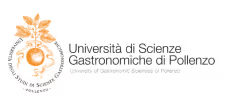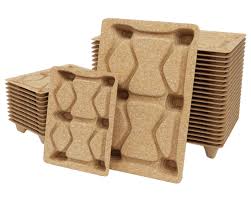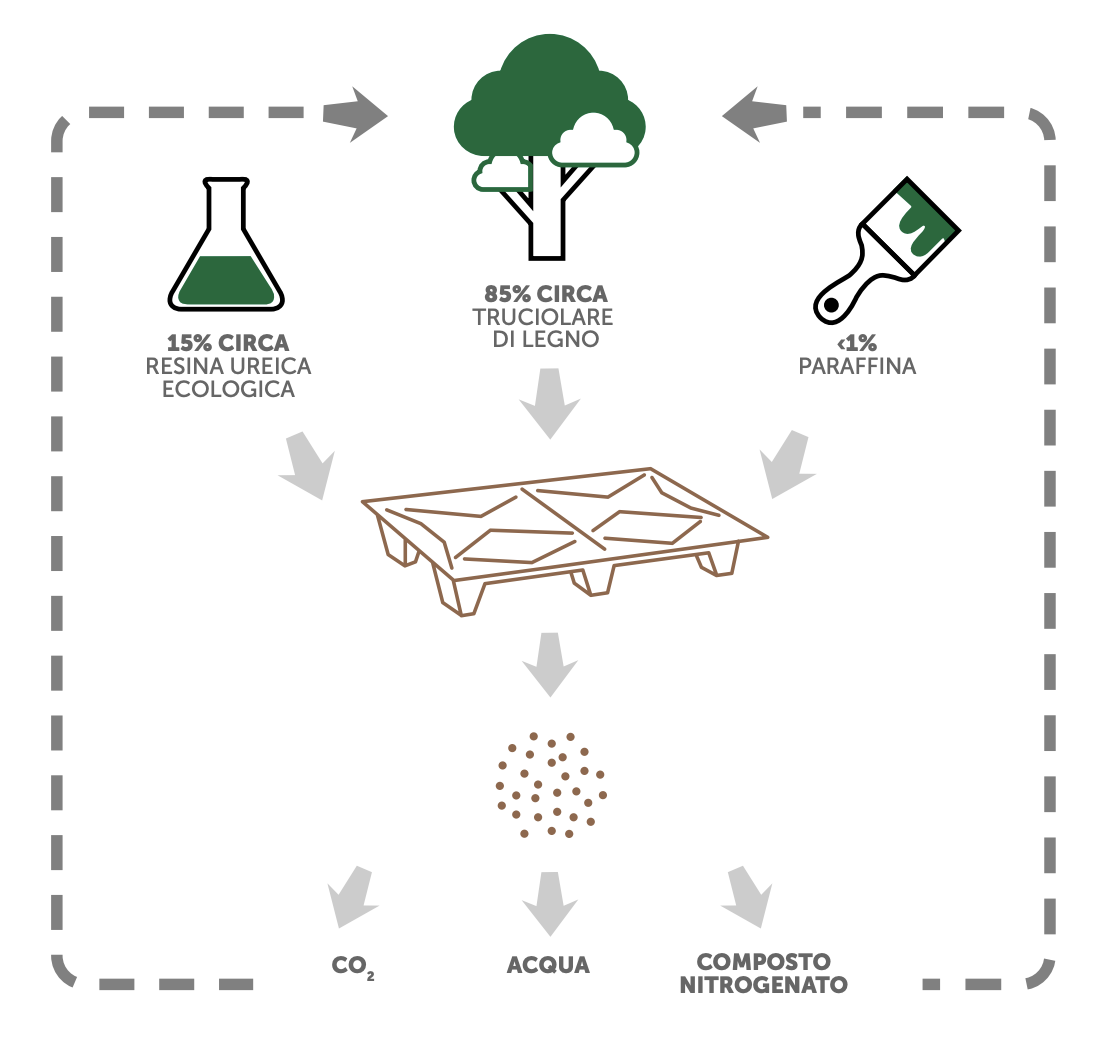In this historic moment, where more than ever there is the need to identify alternative, safe and environmentally sustainable packaging solutions, Presspall has acquired the leading role thanks to three fundamental characteristics: ecology, stackability (space-saving), easy exportability.
PRESSPALL is:
ECO-FRIENDLY
The pressed pallet consists of 15% of ecological urea resin and 85% of recycled chipboard. The wood to produce is all material coming from sawmills after the processing of logs or from the wood recovery industry. The use of this raw material allows carbon capture to be maintained for a longer period of time than other immediate productive uses, such as energy. It also has the PEFC certification and complies with ISPM15.
STACKABLE AND SPACE-SAVING
The pressed wooden pallet was the first stackable pallet to be placed on the market: precisely thanks to this feature, it allows significant space savings, up to 66% less than traditional pallets. Thanks to Presspall, on a truck with a capacity of about 750 traditional wooden europallets it is possible to load more than 2000 euro-sized pressed pallets, with a consequent reduction in transport costs, voids and emissions of polluting CO2 gases.
EXPORTABLE
The pressed wood pallet is the only one that does not require ISPM-15 treatments for export; In fact, packaging consisting entirely of wood-based products created with the use of adhesives, heat and pressure is excluded from export regulations. The Presspall line, obtained from the high-pressure molding of wood and natural resin, falls into the “processed wood pallet” category and is therefore free from any further pesticide treatment in accordance with the ISPM-15 standard. The export is immediate and free of red tape. Free certificates for export can be downloaded by accessing the site.







